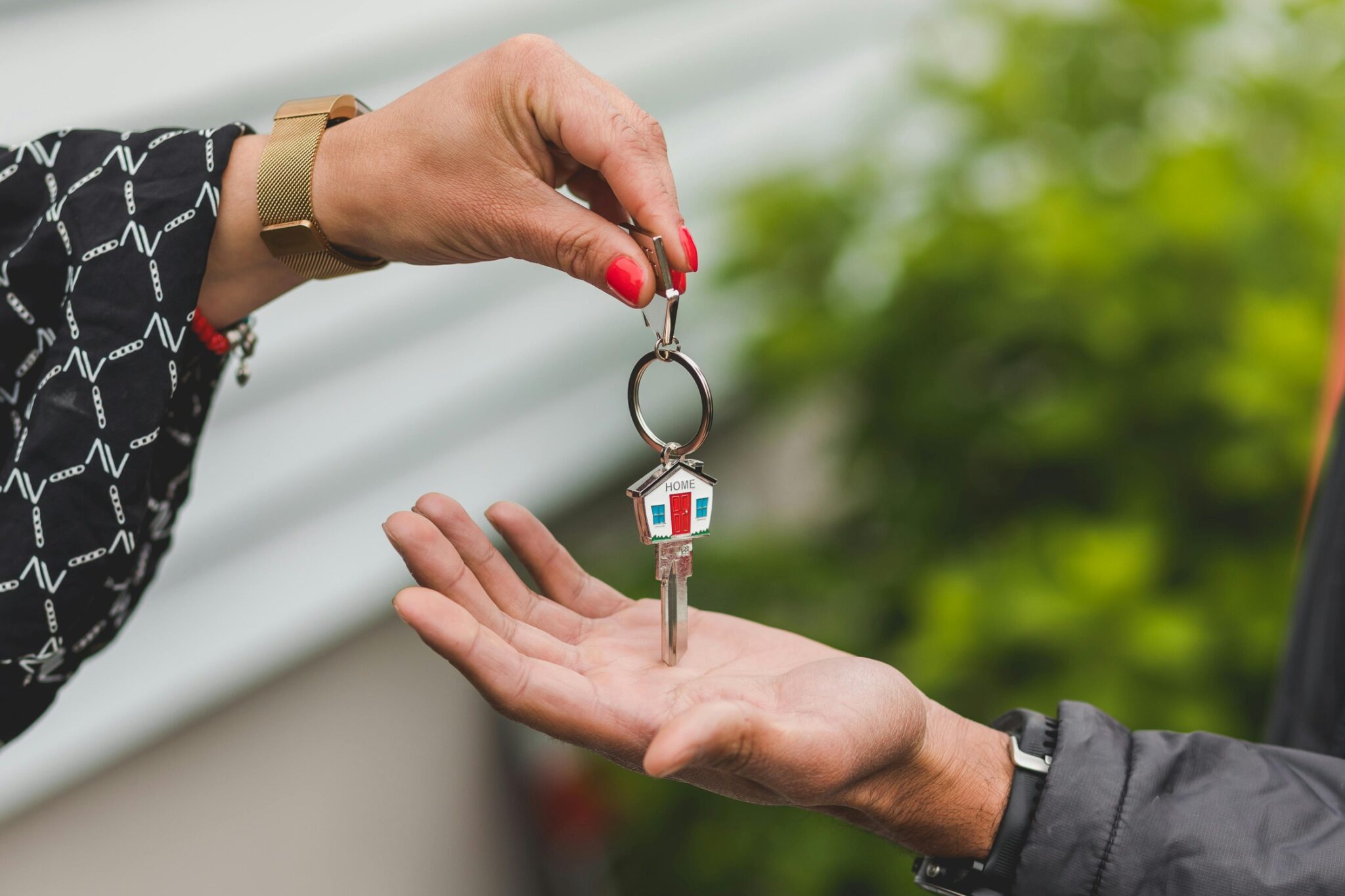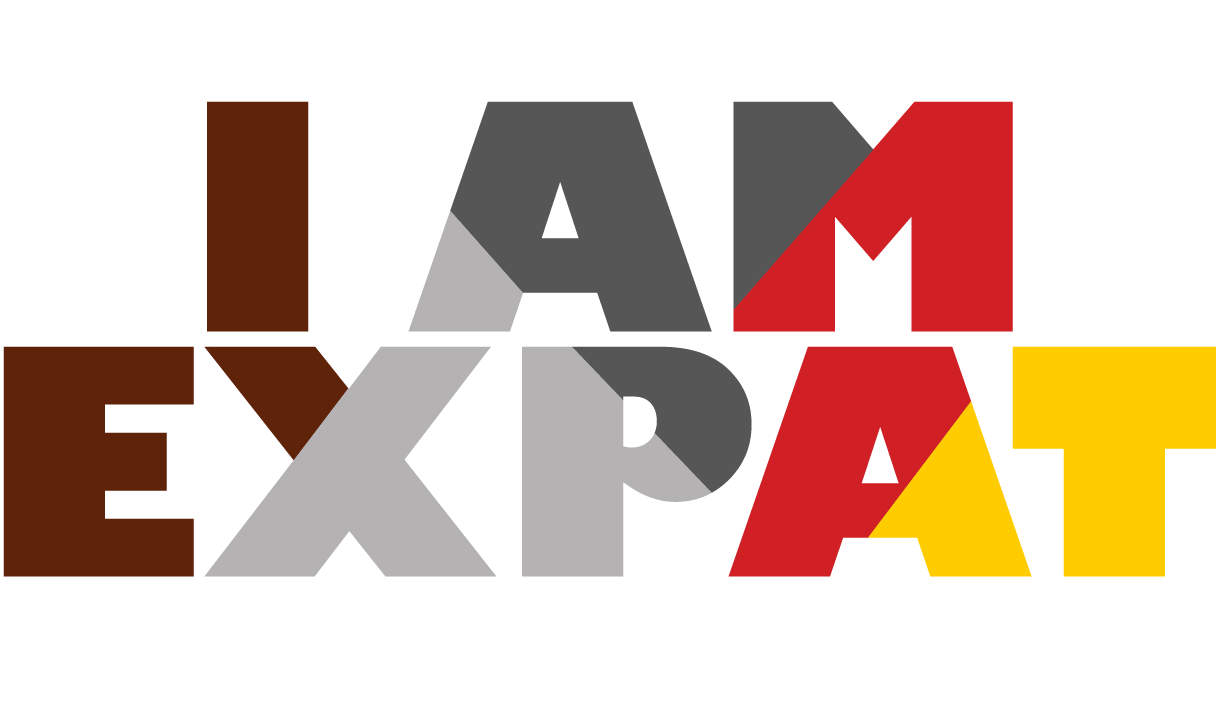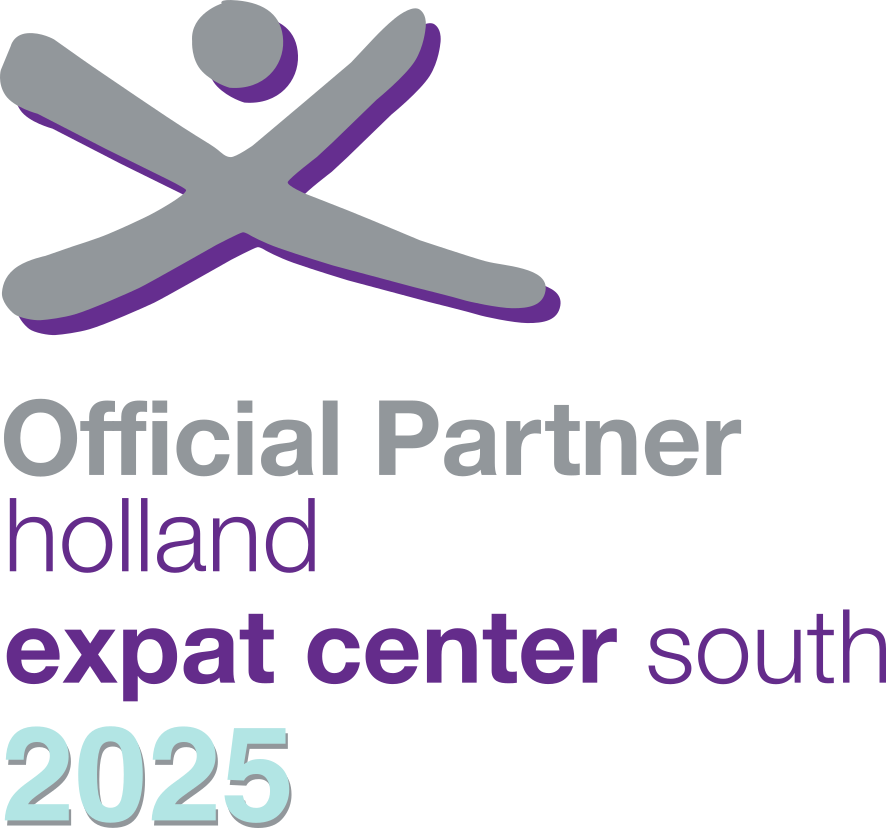Expat Service helps expats with an online tax filing service for their income tax return. Efficient, simple and affordable tax filing whenever and wherever you are in the world. That’s why Expat Service is the intelligent choice for every expat.
Index
Share article

The process of purchasing your own home, is difficult enough when considering all your notarial and legal obligations. But in terms of the tax implications, these do not make it any easier. From the moment one starts this process they are bombarded with these stipulations. To then also hear that this new home will also be a substantial part of your annual income tax return, can be fairly daunting.
That is why we at Expat Service has outlined all tax consequences of purchasing your own home, below. This way you are fully prepared for any tax implications of making this huge personal step.
Let start with the more enjoyable aspect of owning your own home in the Netherlands, which are the tax benefits. Purchasing your own home in the Netherlands has a lot of different advantages, especially in the year in which you purchase this home. These benefits come, mainly, in the form of tax deductions. Tax deductions are certain costs that you are allowed to deduct from your taxable income. This lowers your taxable income, and therefore also lowers the amount of taxes due, because, for tax purposes, you have a lower income.
This creates huge tax benefits, especially for those who pay their taxes provisionally throughout the year, such as people in employment. These people have already paid taxes based on their full income, so by lowering it for tax purposes, they create the much sought after tax refund.
The main tax deduction resulting from having your own home is the so called: mortgage interest deduction. A common misconception regarding this tax benefit is that this is some refund of the interest you paid. This is not the case.
What actually happens is what is described above. You pay interest, which you may deduct form your taxable income, which results in a lower amount of taxes to be paid overall. In the case that you already paid your taxes provisionally (because your employer may withhold these), you create a refund of already paid tax. This distinction is important to keep in mind, as everyone with a mortgage pays interest, but not all of those will have taxes provisionally withheld (think of people with their own business for instance). Therefore, the mortgage interest deduction is a tax benefit, not a guaranteed tax refund.
In the year you buy your home, there will be additional tax deductions. This is because besides the mortgage interest, any costs related to you getting your mortgage are also deductible. We call these ‘financing costs’. Usually these are all mentioned on the notary overview, which is a sort of summary of the purchase of the home. All costs made with the notary, the mortgage provider as well as the actual purchase of the home are included on this overview. It is therefore also vital to save this overview, as this will be a necessary document for your income tax return.
Some examples for these costs are the fee you pay your mortgage advisor, the costs related to the deed of the mortgage, the national mortgage guarantee (NHG) and the costs for having a translator present during the proceedings, if such a translator is necessary.
There are also a few, less fun aspects of the tax consequences of having your own home.
A small example would be the following: Say you sell your home for € 500.000, with a remaining mortgage of € 350.000, making your profit € 150.000. Your next home costs € 600.000. Due to the profit from your last home, you can only get a mortgage on your new home for € 450.000, if you want to fully deduct the interest on this new mortgage.
If you do not, then a correction will be made within your income tax, to limit the effectiveness of the mortgage interest deduction, in order to equal it to if you did reinvest the full profit. The government basically wants to prevent situations, where people sell their homes with tremendous profits (that is not directly taxed in the income tax), and then get a new property, with a full mortgage (meaning high-deductible interest) and pocketing the profit. Therefore, this limitation is imposed.
At Expat Service, we can guide you through the elaborate legislation regarding your own home as well as help you with the proper reporting. Whether it is a provisional or definitive tax return, we can make sure that your own home is both reported properly and as beneficial as possible.
Get 100% tax compliant
With our unique portal, you can easily prepare your own income tax returns.
All this in only 3 easy steps.
Expat Service helps expats with an online tax filing service for their income tax return. Efficient, simple and affordable tax filing whenever and wherever you are in the world. That’s why Expat Service is the intelligent choice for every expat.
HQ Netherlands, Stratumsedijk 6 Eindhoven I KvK/CoC 80399673


Expat Service © 2025 All rights reserved.